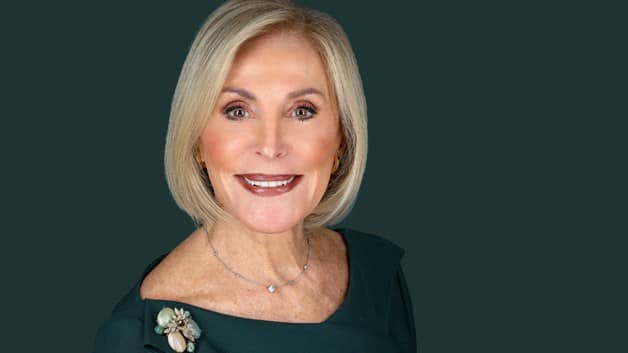By: Joy Lillis
Last year was one to remember for America. We inaugurated a new President, experienced a total solar eclipse, withdrew from the Paris Agreement and witnessed the rise of several significant social movements. One that particularly grabbed everyone’s interest was the #MeToo movement. Launched by Tarana Burke in 2006, #MeToo spread virally in 2017 across social media and aimed to raise awareness about the prevalence of sexual harassment and assault in the workplace. It won the attention of millions and the support of many prominent celebrities who courageously shared their #MeToo stories. What it revealed was even more powerful; the issue of sexual misconduct against women is a far greater issue than anyone could have imagined, or rather, was willing to acknowledge.
While Hollywood was quick to respond, Corporate America seems to be dragging their feet on the issue. There are many routes to fixing the problem, but one of the most effective ways is through diversity, which my company, Ellig Group, specializes in. #MeToo was the result of decades of abuse by powerful men across various industries, and it begs the question, “What if more women were at the top of these companies? Would their voices curb this behavior?”
A recent study conducted by Catalyst shows that approximately 25% of women tend to report experiencing sexual harassment, even though the number of those who experience it is far greater. The study continues to highlight that of the 25%, about 72% of sexual harassment charges filed with the EEOC included allegations of retaliation.[1] The Acting Chair of the EEOC, Chair Victoria Lipnic was also recently quoted saying that, “only about 30 percent of women who experience harassment ever complain internally.” So, what can we do about it?
Sexual harassment programs have been in place for decades but to no avail; to change the culture of an organization, a company needs a balanced Board, C-Suite, and equal representation of men and women in leadership positions. It is no surprise that in a country where women occupy only 21.2% of board seats and 26.5% of executive and senior level positions[2], harassment runs rampant. Frank Dobbin and Alexandra Kalev wrote an incredible article in Harvard Business Review called “Training Programs and Reporting Systems Won’t End Sexual Harassment. Promoting More Women Will,” which discusses the prevalence of harassment in workplaces where men hold the majority of managerial positions.[3]
Companies must reimagine the diversity of their leadership, and create a culture where there is a safe, welcoming and inclusive environment – and they must do it now. Ellig Group is an executive search firm that specializes in diversity leadership and has a track record of changing the landscape for a more diverse face in Corporate America for decades – before it was an initiative or a popular movement. Ellig Group advises on diverse leadership because it makes good business sense to represent employees, customers, shareholders, and the communities in which companies operate. It’s also just the right thing to do. The culture of an organization is shaped by the behavior at the top, and the only way to drive positive change is to have gender equality at the top.

Board Search
Insights
© 2024 Ellig Group LLC. | Made with Inclusion.

